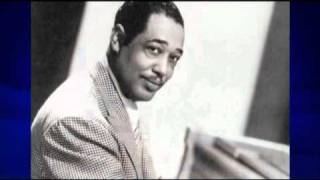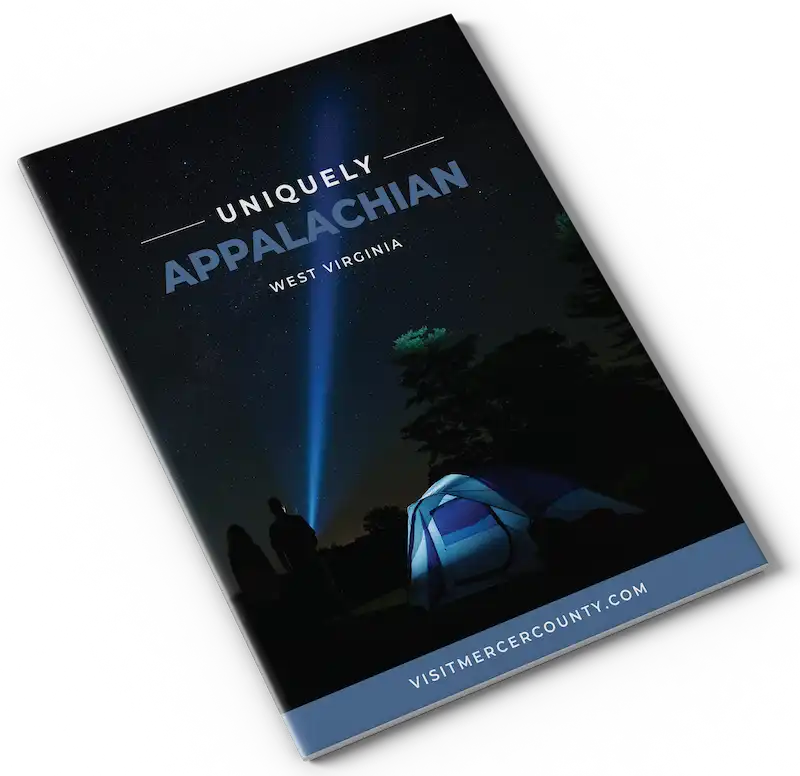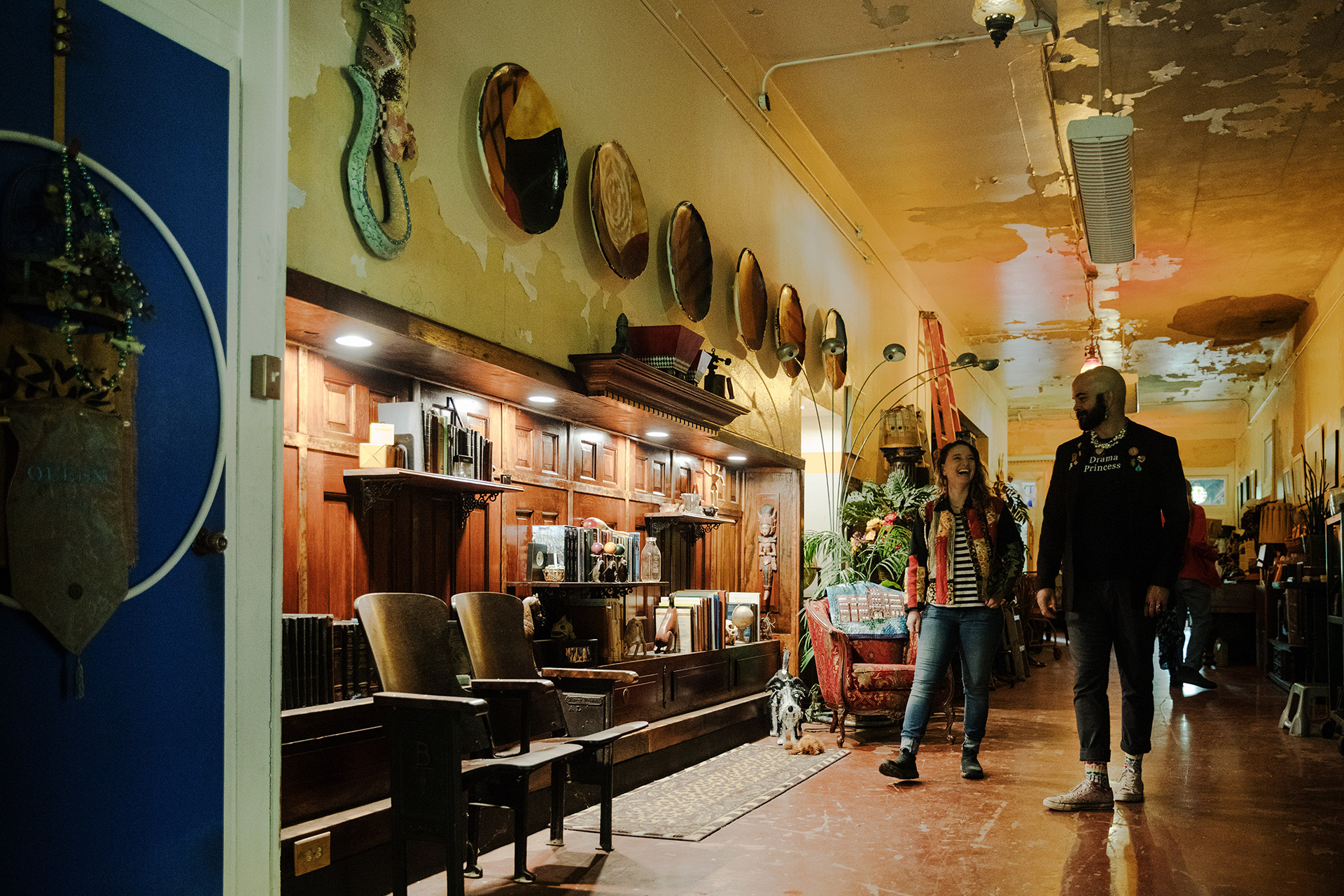Celebrating Black History Month: The Legacy of Maceo Pinkard and Bluefield’s Musical Heritage
Last updated: February 21, 2024
As we honor Black History Month, it’s important to recognize the significant contributions of African Americans to our cultural heritage. In the vibrant town of Bluefield, lies a rich musical legacy that has left an enduring mark on the world stage. At the center of this stands Maceo Pinkard, a native whose impact on music reverberates through the decades.
Born in Bluefield, West Virginia, in 1897, Maceo Pinkard was a pioneering songwriter whose journey began at the Bluefield Colored Institute, where he graduated in 1913. One year later, at just 17 years old, Pinkard founded a theatrical agency in Omaha, Nebraska, and penned his first song, “I’m Goin’ Back Home,” setting the stage for a prolific career. The songwriter later established Pinkard Publications, a music publishing firm in the bustling streets of New York City.
Pinkard’s impact on music was profound and far-reaching. He went on to compose iconic tunes such as “Sugar (That Sugar Baby of Mine)” and “Them There Eyes,” the latter famously popularized by the legendary Billie Holiday. However, it was perhaps his collaboration with bandleader Ben Bernie and lyricist Ken Casey that cemented his place in history. Together, they created the timeless classic “Sweet Georgia Brown,” a song that would become synonymous with the Harlem Globetrotters and be recorded by an impressive list of artists spanning generations.
Moreover, Pinkard’s friendship with Duke Ellington not only shaped the trajectory of jazz but also opened doors for countless aspiring musicians. Together, they navigated the bustling streets of Tin Pan Alley, where Pinkard introduced Ellington to the music publishing district, setting the stage for Ellington’s legendary career.
But Pinkard’s influence extended beyond the realm of music. His story embodies the resilience and creativity of Mercer County’s Black community. Growing up in Bluefield, he was shaped by the region’s rich heritage, which flourished around institutions like the Bluefield Colored Institute (now Bluefield State University), a hub of African American culture in the early 20th century.
Established in 1895, Bluefield State University emerged as a beacon of opportunity for Black West Virginians, providing access to higher education amidst the industrialization of southern West Virginia. The school not only educated future leaders like Maceo Pinkard but also served as a cultural epicenter, hosting luminaries such as Langston Hughes, Fats Waller and Duke Ellington. From national football championships to historic visits by renowned figures, the institution played a pivotal role in shaping the community.
As we reflect on Mercer County’s culture, it’s impossible to overlook the pivotal role that music played in defining the region’s identity. During the lively musical era of the 1950s and 1960s, Bluefield emerged as a hidden gem on the map of the Chitlin Circuit, a network of venues that provided a platform for emerging Black jazz and pop musicians. Among this talented roster were icons such as James Brown, Little Richard, Etta James, Sam Cooke and many others who graced the stage of the Bluefield Auditorium, leaving audiences in awe with their electrifying performances.
From the soulful melodies of Pinkard’s compositions to the vibrant rhythms that echo through Bluefield’s streets, the legacy of African American musicians continues to enrich our lives and inspire future generations.



